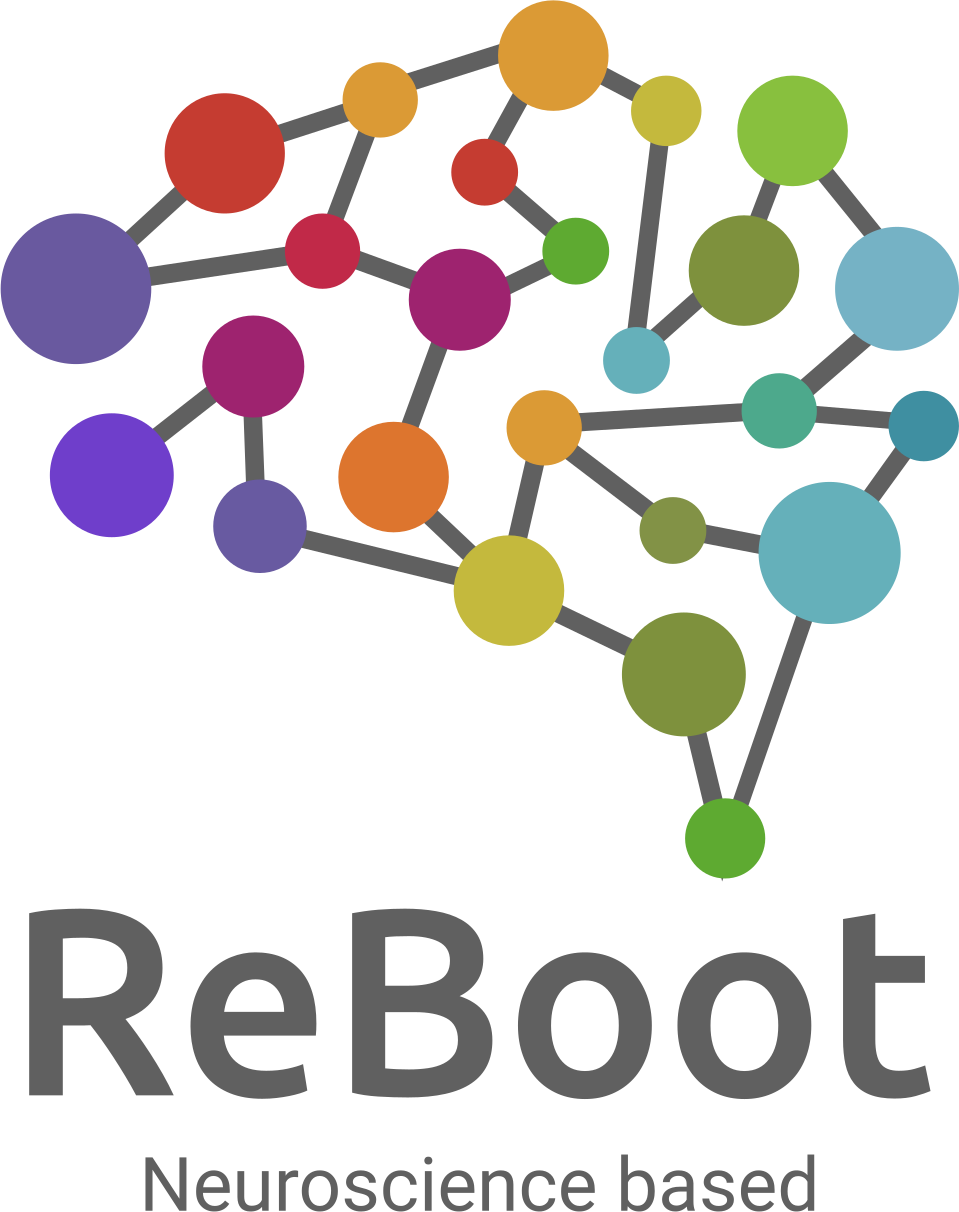
Our Approach to ADHD
How is Attention Deficit/Hyperactivity Disorder (ADHD) Diagnosed?
Conventionally, ADHD is diagnosed based on a cluster of symptoms listed in the Diagnostic and Statistical Manual of Mental Disorders – the DSM.
What Does the Diagnosis of ADHD Tell Us?
It tells us that:
Such a cluster of symptoms are present.
Such symptoms have been present for at least 6 months.
Such symptoms impede the functioning of that individual.
What Does the Diagnosis of ADHD Not Tell Us?
It does not tell us any reason or cause for those symptoms.
What are the Consequences of Sticking to Such Diagnostic Labels?
Not knowing the cause limits our ability to offer long term healing for these patients.
By treating the symptoms rather than the cause ADHD is labelled as a lifelong disorder, as we do not know the cause. This is not always the case.
An Explanation for These Symptoms
The cluster of symptoms can be from different causes. A common cause that has a developmental/neuroscientific explanation for this symptom cluster is dysregulation of the safety-survival system in the brain (Autonomic nervous system and HPA axis) which in turn could be from past life experiences (watch Dr Dennisa’s video on Behaviour and Brain Function where she explains some of these concepts). ‘Regulating’ these systems can lead to long term healing and can help people eventually come off medication and thrive.
Our Approach to ADHD
Our approach is tailored to the individual and may include:
A comprehensive initial mental health assessment to explore the symptoms and life history.
A Neurosequential Model of Therapeutics (NMT) brain map to guide interventions.
A formal ADHD assessment at this stage, if needed.
Lifestyles strategies.
Therapeutic interventions including sensory interventions/motor interventions/EMDR Therapy.
Medications:
Stimulants – Methylphenidate (Ritalin/Rubifen/Concerta) are often used as the first line agents. However, all the studies so far show that there is no long term benefit in decreasing symptoms, using these medications. The largest study so far, called the MTA study, showed no difference.(https://www.ncbi.nlm.nih.gov/pmc/articles/PMC3063150/ ).
A class of medication called ‘Alpha 2 agonists’ such as Clonidine (weekly patch or long acting oral formulation) and Guanfacine (extended release called Intuniv ER) can help manage symptoms of ADHD and restore ‘regulation’ of body physiology. Combined with other therapeutic interventions, this can help recover from or greatly minimize the symptoms of ADHD in the longer term.
